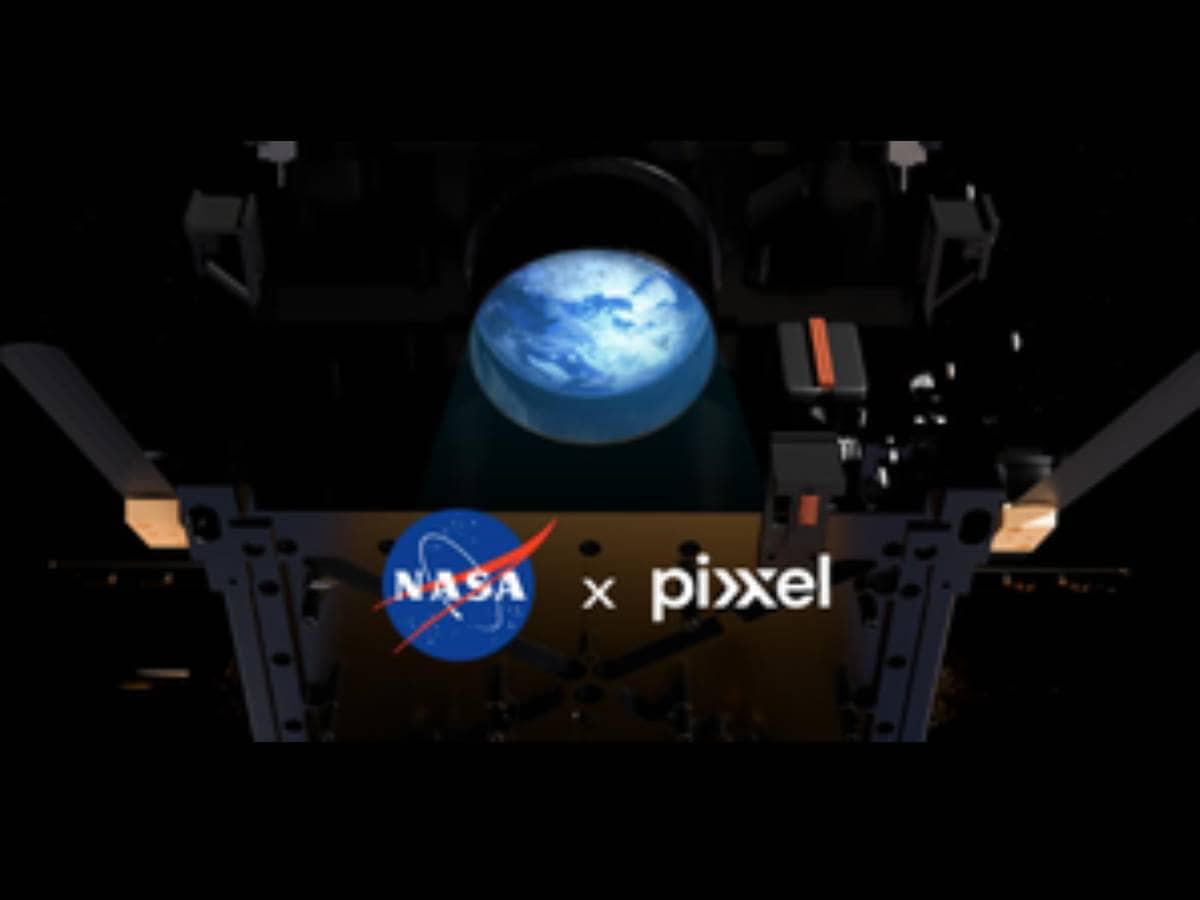
Bengaluru: Indian space startup Pixxel has bagged a NASA contract to support Earth science research using the hyperspectral technology.
The Bengaluru-based company has become part of NASA’s $476-million commercial smallsat data acquisition programme — a first for an Indian startup after the space sector was opened to private companies in 2020.
Co-founder and CEO Awais Ahmed called the award a “monumental achievement for Pixxel”.
He said the contract, valid till November 2028, “validates that hyperspectral imaging will be integral to the future of space-based Earth observation and enable us to truly build a health monitor for the planet”.
As per the contract, Pixxel will provide NASA and its US government and academic partners with hyperspectral Earth observation data. This will help empower the administration’s Earth science research and application activities.
Pixxel hyperspectral can capture data across hundreds of narrow wavelengths. Its datasets can also unravel granular insights on climate change, agriculture, biodiversity, and resource management, among others.
Building on this momentum, Pixxel is also making significant strides toward launching six satellites shortly. Fireflies — its 5-metre resolution hyperspectral satellites — will be the highest-resolution hyperspectral satellites ever launched.
These satellites will capture data across over 250 spectral bands, offering more comprehensive coverage with a 40 km swath width and a 24-hour revisit frequency anywhere on the planet.
In addition, Pixxel also plans to expand its constellation to 24 satellites to make hyperspectral data commercially. This will make it more broadly available and accessible to stakeholders across industries and governments.
Pixxel has a constellation of the world’s highest-resolution hyperspectral imaging satellites that are designed for 24-hour revisits anywhere on Earth.
The satellites can help detect, monitor, and predict critical global phenomena across agriculture, oil and gas, mining, environment, and other sectors in up to 50 times richer detail.
Pixxel has also launched its in-house Earth Observation Studio, Aurora, to make satellite imagery analysis easily accessible.
The company has also raised over $70 million from Google, Lightspeed, Radical Ventures, Relativity’s Jordan Noone, Seraphim Capital, Ryan Johnson, Blume Ventures, Sparta LLC, Accenture, and others.
